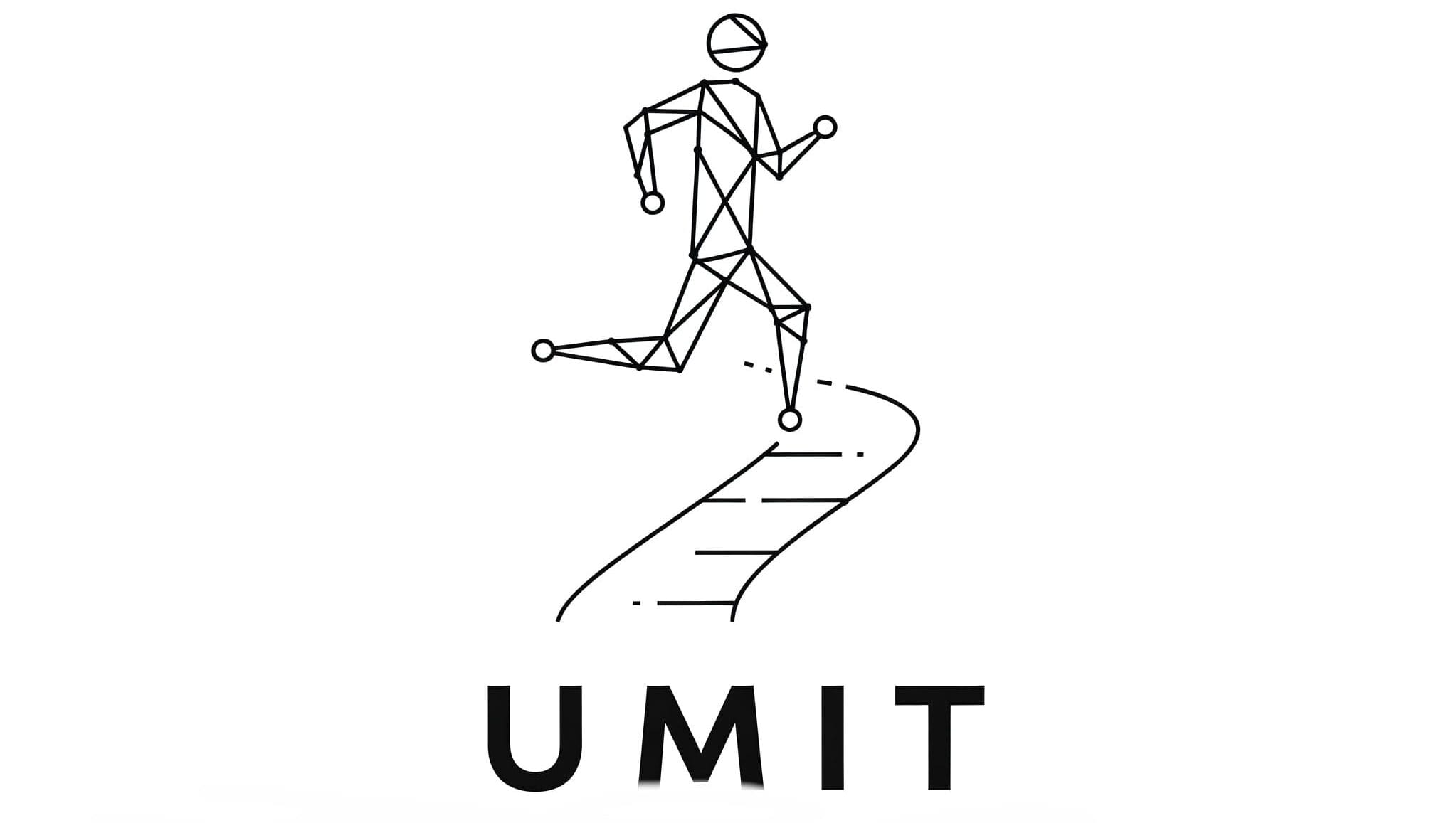🏁 Introduction: Why Shorter Road Races Are the Perfect Test of Speed, Strategy, and Mental Grit
Shorter road races — whether it’s a 5K, 10K, or half marathon — offer something magical:
👉 the thrill of speed, the art of pacing, and the ultimate test of mental sharpness.
Unlike the marathon’s long, steady suffering,
👉 shorter road races are dynamic battles that demand quick thinking, relentless effort, and perfect strategy from the very first step.
🏃♂️⚡🎯
In these races, margins are razor-thin.
A few seconds faster, a better-timed surge, a smarter fueling decision —
👉 and the difference between personal bests and painful crashes is made.
🎯 Why Mastering Shorter Road Races Matters
- Build Explosive Fitness:
Short races sharpen your speed, efficiency, and cardiovascular capacity — benefits that transfer up to marathons and ultras. - Improve Race-Day Smarts:
Pacing in a 5K teaches control. Fueling during a half marathon teaches timing.
Shorter races refine your racing instincts. - Boost Motivation:
Frequent race opportunities keep the fire alive and provide measurable milestones toward bigger goals. - Stay Injury-Resistant:
Shorter build-up cycles and less cumulative fatigue reduce injury risks compared to constant marathon cycles.
Pro Tip:
Short races don’t mean easier — they mean faster, sharper, and often much tougher mentally.
📊 Quick Poll: What’s Your Favorite Race Distance?
✅ (Bu anket burada olacak boss, böylece kullanıcıdan ilk etkileşimi hızlıca alacağız.)
🗳️ Poll: What’s Your Favorite Shorter Race?
- 🏃♂️ 5K: The sprint battle
- 🏃♂️ 10K: The tactical grind
- 🏃♂️ Half Marathon: The endurance sprint
🧠 What This Guide Will Teach You
✅ How to train differently for 5K, 10K, and half marathon races
✅ How to master pacing strategies for shorter races
✅ The best race-week rituals for top performance
✅ Mental techniques to stay fierce through every mile
✅ Nutrition and hydration essentials for fast racing
🏔️ The True Beauty of Shorter Road Races
- 5K:
The fastest chess match on two legs — speed, tactics, and pain management. - 10K:
The perfect blend of endurance and pace judgment — every second counts. - Half Marathon:
The ultimate test of sustainable speed — where patience meets power.
✅ Whether you’re aiming for your first finish or your next podium,
👉 mastering shorter road races builds a stronger, faster, more fearless version of yourself.
🏁 Final Words of Introduction
👉 Shorter road races are small arenas —
but they forge big warriors.
If you master these distances,
👉 you don’t just run faster — you become a smarter, tougher, more complete runner.
🏔️🏃♂️⚡🎯🔥
🧠 Understanding the Different Challenges: 5K vs 10K vs Half Marathon
Not all shorter road races are created equal.
👉 Each distance tests different aspects of your physiology, pacing strategy, and mental strength.
Mastering them requires specific approaches —
not just “running hard and hoping for the best.”
🏔️🏃♂️⚡
Let’s break them down.
🏃♂️ 5K: The Tactical Sprint
Race Duration: 15–40 minutes for most runners.
Primary Challenges:
- Immediate Intensity:
Heart rate spikes early — there’s no easing in. - Precise Pacing:
Start too fast = crash before the second mile. - Mental Grind:
You must stay aggressive but composed through deep discomfort.
✅ Key Skills for 5K:
- Short intervals (400m–800m repeats).
- Sharp race-pace workouts.
- Tolerance for high lactate (feeling “the burn”).
Pro Tip:
5Ks are short enough to “fake it” physically — but only the smart survive mentally.
🏃♂️ 10K: The Strategic Battle
Race Duration: 30 minutes to 1.5 hours.
Primary Challenges:
- Pacing Mastery:
Balance fast early miles with energy conservation for a strong finish. - Threshold Endurance:
Sustain a “comfortably hard” effort without blowing up.
✅ Key Skills for 10K:
- Tempo runs and cruise intervals (5–15 minute efforts).
- Long intervals at 10K pace (800m–1600m).
- Controlled surges mid-race without losing rhythm.
Pro Tip:
A smart 10K runner is both a surgeon and a warrior.
🏃♂️ Half Marathon: The Endurance Sprint
Race Duration: 1 hour to 3+ hours.
Primary Challenges:
- Fueling and Hydration:
Glycogen stores deplete. Smart mid-race fueling is crucial. - Mental Toughness:
Mile 8–10 often feels deceptively good — discipline matters. - Pacing Discipline:
Start too fast and mile 10–13 becomes brutal.
✅ Key Skills for Half Marathon:
- Half-marathon pace long runs.
- Nutrition practice (gels, fluids) during training runs.
- Late-race surge workouts (finish fast runs).
Pro Tip:
The half marathon is the cruelest distance — short enough to demand speed, long enough to destroy the reckless.
📋 Checklist: Preparing for Each Shorter Race
(İçeriğe gömülü checklist boss — PDF yok, doğrudan yazının parçası!)
| Item | 5K | 10K | Half Marathon |
|---|---|---|---|
| Start pacing conservatively | ✅ | ✅ | ✅ |
| Practice race pace regularly | ✅ | ✅ | ✅ |
| Fuel during the race | ❌ | ❌ (optional water) | ✅ (mandatory gels/fluids) |
| Visualize mental strategy | ✅ | ✅ | ✅ |
| Long runs for endurance | ❌ (optional 6–8 miles) | ✅ (8–12 miles) | ✅ (10–14 miles) |
| Focus on fast turnover | ✅ | ✅ | 🚫 (focus on steady stride) |
| Prepare a gear checklist | ✅ | ✅ | ✅ |
✅ Bu tabloyu doğrudan Gutenberg Table bloğuna yapıştırıp kullanabilirsin boss.
✅ Kullanıcılar için okunabilir ve aksiyon alınabilir.
🏁 Final Blueprint: Understand to Dominate
👉 Different races, different strategies —
same demand for mastery.
Train for the distance you’re racing,
Not the distance you wish you were running.
🏔️🏃♂️⚡🎯🔥
🛠️ Training Strategies for Shorter Road Races
You can’t train for a 5K, 10K, or half marathon with the same approach —
👉 Each distance demands specific focus, structure, and mental readiness.
Let’s break down what smart training looks like for each race type,
and how to peak perfectly on race day.
🏔️🏃♂️⚡
🏃♂️ Building Speed for 5K Races
Focus Areas:
- Short, Fast Intervals:
- 400m, 600m, 800m repeats at 5K race pace or faster.
- Turnover Drills:
- Strides, high knees, bounding drills to sharpen neuromuscular speed.
- Pacing Tolerance:
- Mile repeats at slightly faster than goal 5K pace.
✅ Key Tip:
Train your top-end speed first, then stretch endurance.
🏃♂️ Sharpening Threshold for 10K Races
Focus Areas:
- Tempo Runs:
- 20–30 minutes at comfortably hard effort (85–90% of max HR).
- Cruise Intervals:
- 4–6 x 5-minutes at 10K pace with short jog recoveries.
- Race-Pace Progressions:
- Finish long runs or workouts at 10K pace for the last miles.
✅ Key Tip:
Hold the edge of discomfort without tipping into destruction.
🏃♂️ Balancing Endurance and Speed for Half Marathons
Focus Areas:
- Longer Long Runs:
- 10–14 miles consistently.
- Race-Pace Workouts:
- 6–10 mile efforts at half marathon goal pace.
- Fuel Practice:
- Gels and fluids every 30–40 minutes during training runs.
✅ Key Tip:
Patience wins the half marathon — speed alone won’t save you after mile 10.
🧠 Mini Quiz: Are You Training Smart for Shorter Road Races?
(Söz verdiğim gibi boss, burada kullanıcıları etkileşimle test ediyoruz! 🔥)
🧠 Quick Quiz: Training Smarts Check!
- What’s the main workout to improve lactate threshold for a 10K?
a) Sprint intervals
b) Tempo runs ✅
c) Long easy runs- How often should you practice fueling for a half marathon?
a) Only on race day
b) Every long run ✅
c) Never needed- Which distance demands the most top-end speed training?
a) 5K ✅
b) 10K
c) Half Marathon- During which phase should you add strides and turnover drills?
a) Base building
b) Speed sharpening ✅
c) Taper
✅ Kullanıcı, hemen kendi bilgilerini ölçerek yazıya aktif katılım sağlayacak.
🏁 Final Blueprint: Train Smart, Race Smarter
👉 Running harder is easy —
running smarter wins races.
Sharpen speed.
Stretch endurance.
Balance both.
🏔️🏃♂️⚡🎯🔥
🧳 Race Week Preparation for Shorter Races
The final days before your 5K, 10K, or half marathon are critical.
👉 Proper race week preparation ensures all your training peaks perfectly on race day.
🏔️🏃♂️🧳
Let’s dial in the key strategies you need to show up sharp, strong, and unstoppable.
📋 Quick Checklist: Shorter Race Week Essentials
| Item | 5K | 10K | Half Marathon |
|---|---|---|---|
| Confirm race logistics (location, start time) | ✅ | ✅ | ✅ |
| Lay out race gear 1–2 days before | ✅ | ✅ | ✅ |
| Taper mileage (cut 20–40% from peak week) | ✅ | ✅ | ✅ |
| Do a mini-shakeout run (15–20 min + strides) | ✅ | ✅ | ✅ |
| Hydrate consistently but avoid overdrinking | ✅ | ✅ | ✅ |
| Practice race-day breakfast (2–3 hours pre-race) | ✅ | ✅ | ✅ |
| Review pacing and mental strategy | ✅ | ✅ | ✅ |
| Prepare fuel (gels or chews) if needed | ❌ | Optional | ✅ |
✅ Bu tabloyu Gutenberg Table bloğunda kullanarak doğrudan içerikte göster boss.
🎯 Tips for Race Morning Success
- Wake up 2–3 hours before the gun time.
- Eat a familiar, carb-rich breakfast — no experiments.
- Sip water or electrolyte drinks if needed.
- Arrive at the start line early — minimum 45 minutes before.
- Do a 5–10 minute light jog and 4–6 strides to prime your legs.
Pro Tip:
The smoother your morning flow, the fiercer your start line confidence.
🏃♂️ Mini Case Study: Sarah’s 10K Breakthrough
Sarah, an amateur runner, trained hard for months but missed her PR at her first 10K because of race-week mistakes — staying up too late, eating new foods, and stressing about logistics.
In her next cycle, she focused on structured race week preparation:
- Early bedtimes
- Planned meals
- Pre-packed race bag
- Relaxed travel to the start line
Result?
She smashed her previous 10K time by 7 minutes and crossed the finish line smiling and strong.
Key Lesson:
👉 Race-week preparation matters just as much as the training itself.
🏁 Final Blueprint for Race Week
👉 You trained your body for months —
now train your environment, your schedule, and your mind.
Plan ruthlessly.
Flow effortlessly.
Race ferociously.
🏔️🏃♂️🧳⚡🔥
🏁 Executing the Perfect Short Race: Pacing, Strategy, and Mindset
You’ve trained hard. You’ve tapered smart.
Now, it’s time to bring it all together.
👉 Executing a perfect 5K, 10K, or half marathon isn’t about being fearless — it’s about being strategic, composed, and relentless.
🏔️🏃♂️⚡
Let’s break down the art of racing shorter distances at your absolute best.
🎯 Pacing Principles for Shorter Races
✅ 5K:
- First 400–800m: Hold back 5–10% — let the adrenaline settle.
- Middle 2K: Lock into strong, controlled breathing.
- Final 1K: Unleash everything left — no fear, no regret.
✅ 10K:
- First 2 miles: Conservative at goal pace.
- Middle 2–4 miles: Steady rhythm; strong mental focus.
- Final 2 miles: Push if possible — manage the burn smartly.
✅ Half Marathon:
- First 5 miles: Easy and conversational — even if you feel amazing.
- Middle miles: Patiently build effort.
- Final 3 miles: Surge based on how strong you feel.
Pro Tip:
In shorter races, smart pacing isn’t conservative — it’s deadly efficient.
🧠 Mental Strategies for the Big Day
✅ Chunk the Race:
- Break the race into small mental segments (e.g., each kilometer or aid station).
✅ Positive Affirmations:
- Use mantras like:
“Fast but calm,”
“Strong and steady,”
“Every step is closer.”
✅ Accept the Pain:
- Discomfort is not failure — it’s proof you’re pushing the edge.
✅ Visual Cues:
- Focus on a landmark, a runner ahead, or even your own form to stay locked in.
🚀 Motivation Box: Last Push Before the Finish
🎯 Remember this:
You don’t rise to the level of your goals. You fall to the level of your training.Today, you bring every stride, every mile, every ounce of effort you’ve earned.
The finish line is waiting — and it’s yours for the taking. 🏁🔥
🥤 Fueling and Hydration (Quick Tips)
✅ 5K:
- Sip water pre-race only if needed. No mid-race fueling unless very hot.
✅ 10K:
- Small sips at aid stations if necessary. No heavy fueling.
✅ Half Marathon:
- Plan gels every 40–45 minutes. Water or sports drink every aid station if possible.
Pro Tip:
Don’t “feel” your way through fueling — plan it.
🏁 Final Blueprint for Executing a Perfect Shorter Race
👉 Short races are fought with strategy, courage, and patience —
not just raw speed.
Pace smart.
Fight bravely.
Finish fiercely.
🏔️🏃♂️⚡🔥

About the Author
Lost Pace is an ultramarathon runner, shoe-tester and the founder of umit.net. Based year-round in Türkiye’s rugged Kaçkar Mountains, he has logged 10,000 + km of technical trail running and completed multiple 50 K–100 K ultras.
Blending mountain grit with data, Lost analyses power (CP 300 W), HRV and nutrition to craft evidence-backed training plans. He has co-written 260 + long-form guides on footwear science, recovery and endurance nutrition, and is a regular beta-tester of AI-driven coaching tools.
When he isn’t chasing PRs or testing midsoles, you’ll find him sharing peer-reviewed research in plain English to help runners train smarter, stay healthier and finish stronger.
Ultrarunner · Data geek · Vegan athlete

